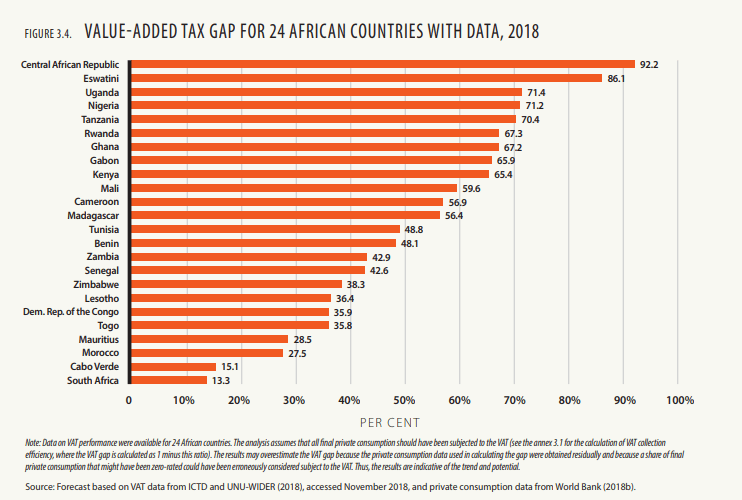Cameroonians are getting a new gift in the new year, courtesy of the 2020 Finance bill which has been adopted by Cameroon ’s Parliament early December 2019. Quite remarkable about the Bill are new provisions which have been added to old General Tax Code meant to force taxpayers to register and fulfil their tax obligations before carrying out any transactions.
Here Is All You Need To Know
- According to the new paragraph 3 of Article L1 of the finance law, from now on (from January 2020) any natural or legal person (companies) subject to the payment of a tax will no longer be able to carry out certain transactions if that person does not have a unique tax identification number.
- The transactions include account opening with microfinance and credit institutions, subscription to any type of insurance contract, the signature of contracts for connection or subscription to water or electricity networks, land registration and authorization for a regulated profession (notary, lawyer, bailiff…).
- To date, and according to Article L1 of the tax code, all legal persons and individuals carrying out an income-generating activity are required “to apply for registration with territorially competent tax authorities within fifteen (15) working days of starting their activities.”
- Following this request, a unique identification number and a taxpayer card is issued to the taxpayer consecrating entry into the tax registry.

Read also: New Taxes And Policy Changes Nigerian Businesses Should Expect In 2020
Comments
In simple terms, before you can operate any business related to microfinance and credit institutions, subscription to any type of insurance contract, the signature of contracts for connection or subscription to water or electricity networks, land registration and authorization for a regulated profession (notary, lawyer, bailiff…), in Cameroon from January, 2020 you will be required to procure a tax identification number.
Although there are already provisions of law in Cameroon that require all persons to procure tax ids before starting any business, it is reported that many Cameroonians and foreigners living in the country do not fulfil this obligation. Sources have it that between 20 and 30% of national wealth evades tax every year. Consequently, the import of the new paragraph 3 of Article L1 bis is to more specifically catch certain Cameroonians into the tax net.
Indeed, the new law comes with a penalty for violation which is to the effect that a bank or microfinance that opens an account for an organization or individual not registered in the tax registry will incur a fine of XAF5 million ($8,530) (See paragraph 5 of Article 100 of the Finance Bill)
Bankers are however worried that this reform would slow down financial inclusion rate in the country, which is, at the moment, estimated at 19%.
Charles Rapulu Udoh

Charles Rapulu Udoh is a Lagos-based Lawyer with special focus on Business Law, Intellectual Property Rights, Entertainment and Technology Law. He is also an award-winning writer. Working for notable organizations so far has exposed him to some of industry best practices in business, finance strategies, law, dispute resolution, and data analytics both in Nigeria and across the world
